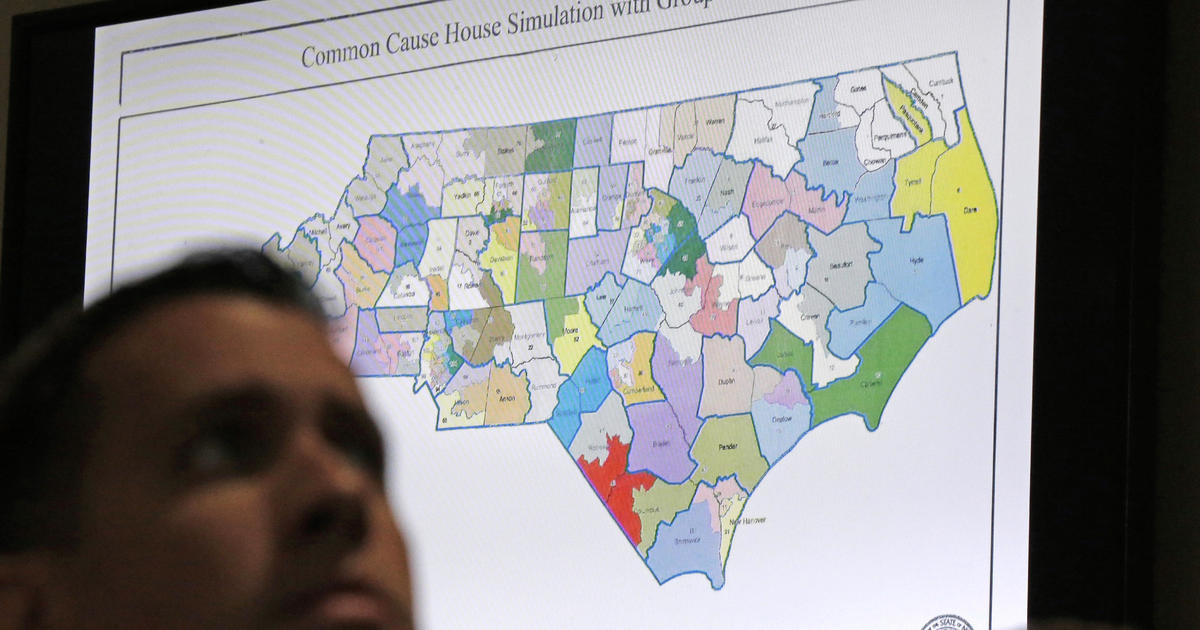Key takeaways:
- The North Carolina Supreme Court reversed two major decisions on voting rights, allowing the GOP-controlled legislature to rework the state’s congressional map.
- The decisions have been met with criticism from voting rights advocates, who argue that the court’s reversal of its own decisions is a violation of the state’s constitution.
- The rulings are likely to have a significant impact on the upcoming election cycle in North Carolina.
The North Carolina Supreme Court has reversed two major decisions on voting rights in the state, in a move that could have far-reaching implications.
In a pair of rulings on Friday, the court overturned a previous decision that had found partisan gerrymandering and a strict voter ID law to be unconstitutional. The court, which flipped to a Republican majority this year following the election of two GOP justices, took the unusual step of revisiting opinions made in December by the court’s previous iteration, when Democrats held a 4-3 majority.
The rulings give the GOP-controlled legislature the ability to rework the state’s congressional map for next year’s election to help Republicans gain seats in the narrowly divided U.S. House. Under the previous map, Democrats won seven of the state’s 14 congressional seats last November.
The decisions have been met with criticism from voting rights advocates, who argue that the court’s reversal of its own decisions is a violation of the state’s constitution. The court’s decision to revisit the cases has also been called into question, as it is a rare move for the court to take.
The rulings are likely to have a significant impact on the upcoming election cycle in North Carolina. It remains to be seen how the new congressional map will be drawn and what effect it will have on the state’s political landscape.



Be First to Comment